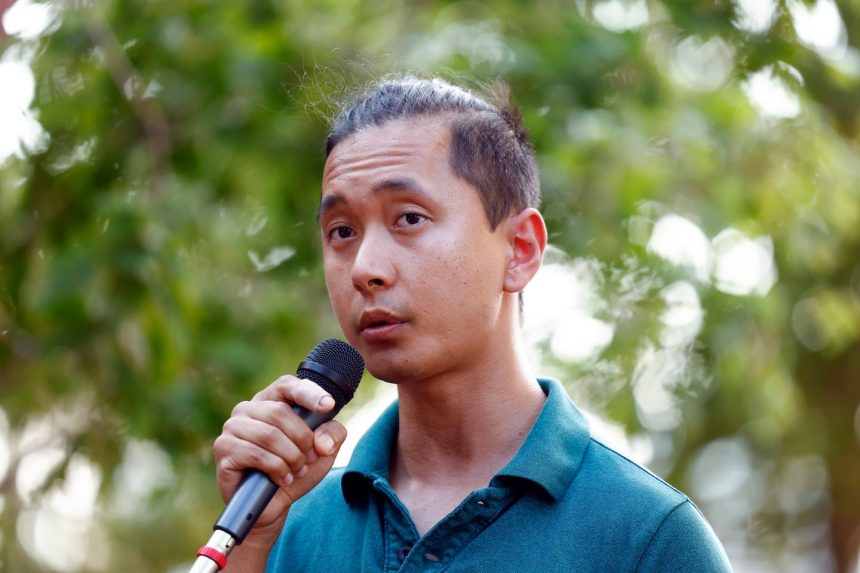A Temporary Reprieve for Immigrants
US District Judge Trina L. Thompson of the Northern District of California issued a significant ruling on Thursday, siding with approximately 63,000 immigrants from Nepal, Honduras, and Nicaragua who were at risk of losing their Temporary Protected Status (TPS). This legal decision serves as a temporary halt to TPS terminations ordered by the Trump administration, but only until a more comprehensive trial scheduled for November.
The Stakes Are High
Thompson’s 37-page ruling articulates the precarious situation faced by these families. With the possibility of losing access to housing, employment, healthcare, and stability, the quest for permanent protections free from changing political climates remains urgent and unresolved. The judge’s order indicates that the government may have acted unlawfully and with racial bias in their efforts to end TPS.
Understanding Temporary Protected Status
TPS allows individuals from countries afflicted by natural disasters or violence to live and work in the United States. Judge Thompson’s ruling emphasizes that the decision to terminate TPS should be rooted in safety assessments regarding return to home countries—a premise she asserts has been compromised by racial motivations from government officials.
Quotes Reflecting the Pain
Thompson highlights the sentiments expressed by TPS holders in her judgment, stating, “The freedom to live fearlessly, the opportunity of liberty, and the American dream… Instead, they are told to atone for their race, leave because of their names, and purify their blood. The Court disagrees.”
Voices from the Community
Maria Elena Hernandez, a 67-year-old Nicaraguan immigrant who has lived in the US for nearly three decades, joined the lawsuit to contest the Trump administration’s termination efforts. “We are not criminals, we are not illegal, we are not undocumented, and we work legally with the permit that TPS gives us,” she explained. Having contributed to the economy through her job as a janitor for 18 years, Hernandez fears losing her Social Security benefits and health insurance due to her chronic asthma and heart condition if required to return to Nicaragua.
Economic Implications
The ruling also touches on the broader economic consequences of dismantling TPS. Thompson notes that the termination for Nepali, Honduran, and Nicaraguan TPS holders could lead to a staggering $1.4 billion loss for the US economy—highlighting how deeply these communities have integrated into American society.
A Call for Action
Hernandez pointed out a glaring contradiction in government policy: while US officials advise against travel to Nicaragua due to rising authoritarianism, they suggest that it is safe for TPS holders to return. “I see this great contradiction,” she remarked, emphasizing the dangerous political climate in her home country.
Continued Advocacy
Despite the temporary victory in court, the threat of policy reversals looms large. The Trump administration has consistently pushed to dismantle TPS, affecting over 1 million immigrants from various nations, including around half a million Haitians who will lose their protections in February. The US Supreme Court recently affirmed this authority to end TPS for more than 300,000 Venezuelans.
Looking Ahead
Guerline Jozef, executive director of the Haitian Bridge Alliance, called attention to the significance of Thompson’s ruling, proclaiming it an important affirmation that “our communities matter.” She emphasizes the need for Congress to step in and provide a permanent solution, as the future of many families hangs in the balance.
While the legal challenges continue, Thompson’s ruling stands as a poignant reminder of the struggles immigrants face in their fight for security and belonging in the United States.






